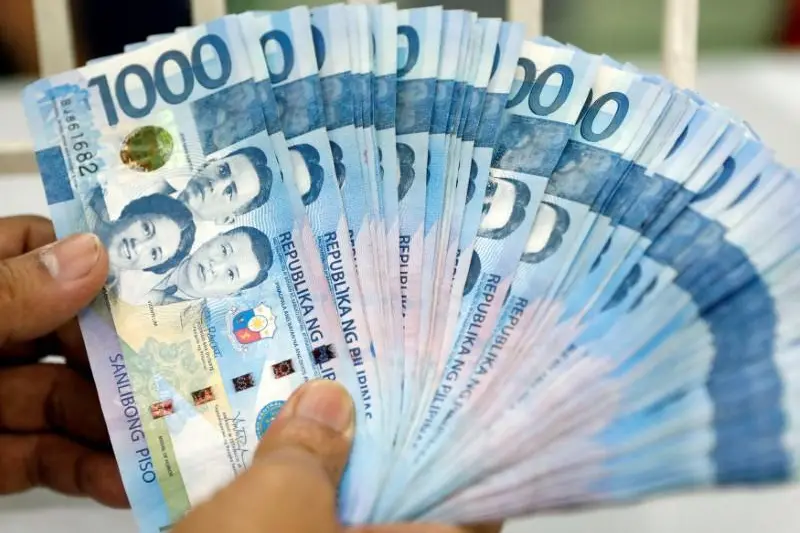PHOTO
The Indian rupee and the Philippine peso were set for their worst year since 2013, as rising U.S. interest rates sucked money away from emerging economies and the high cost of imported oil led to wider trade deficits.
Most other regional currencies also logged second straight year of losses.
The rupee, which firmed slightly on Friday, was set to be the worst performer among the main Asian currencies in 2022, depreciating by more than 10%, while its peers suffered single-digit declines.
The Philippines peso depreciated by 8.5% for the year and the Malaysian rinngit and Taiwan dollar were close behind, both recording falls of more than an 8%. At 0400 GMT, the dollar index, which measures the strength of the greenback against six major currencies, was at 104.9, with the safe-haven currency set for its best year since 2015, buoyed by the rate increases from the Fed.
The Singapore dollar, which was marginally lower on Friday, was the sole outlier among the regional currencies, eking out a 0.3% gain for the year. Most Asian currencies traded higher on the last day of the year, with the Indonesian rupiah and the Philippines peso leading gains on a day of thin trading, rising 0.5% and 0.2% respectively.
Meanwhile, share market sentiment received a boost overnight after a U.S. jobs report showed the Fed's steep rate hikes were reducing inflationary pressures, even as investors remained cautious over the impact of the surge in COVID-19 infections in China.
Other units such as the Thai baht, Malaysian ringgit and the Indian rupee firmed on Friday by between 0.1% and 0.2%. Investors have constantly fretted over the risk that rate hikes by major central banks, including the Fed, would end up tipping the global economy into recession.
"Despite overnight slippage, the dollar is up 8.7% for 2022, which speaks not just to headwinds whipped up by the most aggressive Fed tightening cycle but consequent rise in recession risks," Vishnu Varathan, Head, Economics & Strategy at Mizuho Bank said.
Among Asian equities, Taiwan stocks led the gains for the day, rising about 0.8%, while shares in Thailand , Malaysia and China rose between 0.4% and 0.6%. Markets in South Korea were closed on account of a public holiday.
(Reporting by Archishma Iyer in Bengaluru)





















